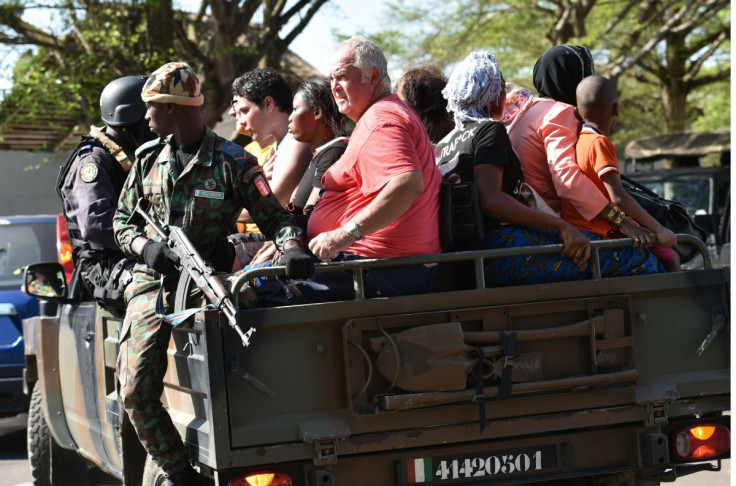Facebook criticised for not launching its Safety Check during Ivory Coast massacre

Facebook mobilised its Safety Check tool during this week's deadly bombing in Turkey — but didn't for the massacre at an Ivory Coast beach resort, which has drawn sharp criticism from some users about the company's selective use of the feature. The social network's Safety Check allows people near a terror attack or a natural catastrophe to quickly "check in" with friends and family followers on Facebook to let them know they're OK.
Facebook's Chief Operating Officer Sheryl Sandberg posted on her page that the tool had been activated for people in Ankara, where a car bomb blast killed 37 people. "Saddened by the horrific bombing in Ankara," she wrote.
"We've switched on Safety Check so you can check on friends and family who might be in the area — or mark yourself safe. I am thinking of everyone caught up in this violence. It is never the answer."
But several users asked why the tool wasn't available for those near a beach resort in Grand Bassam where terrorist gunmen killed 16 people the same day. Facebook user Brahima Bilali responded that "a terrorist attack happened in my country Ivory Coast as well! You have to activate that Safety Check wherever these terrorist attacks happened."
Leona Frank noted: "I wish to know if my friends and family are safe no matter where in the world something's happening, not just when Western lives are likely to be impacted." The Safety Check location tool was created after Japan's 2011 tsunami in Japan and launched to users in 2014. It has only been activated by Facebook a handful of times, usually after a natural disaster.
Facebook has come under fire previously for its selective use of the tool, noted Quartz. In November 2015 Facebook activated the feature for attacks in Paris in which more than 130 people died — the first time it did so for a terrorist event. But it didn't launch the tool for Lebanon's capital city Beirut, which had been hit by suicide bombings which killed 43 people the previous day.
Facebook founder and CEO Mark Zuckerberg responded to critics then by promising that the company would "work hard to help people suffering in as many of these situations as we can," noting: "We care about all people equally."
Days after his response Facebook's Safety Check was activated for residents of Yola in Nigeria when 30 people died in a suspected attack by the militant group Boko Haram. But it wasn't activated January 2016 after deadly explosions in Jakarta.
© Copyright IBTimes 2025. All rights reserved.






















